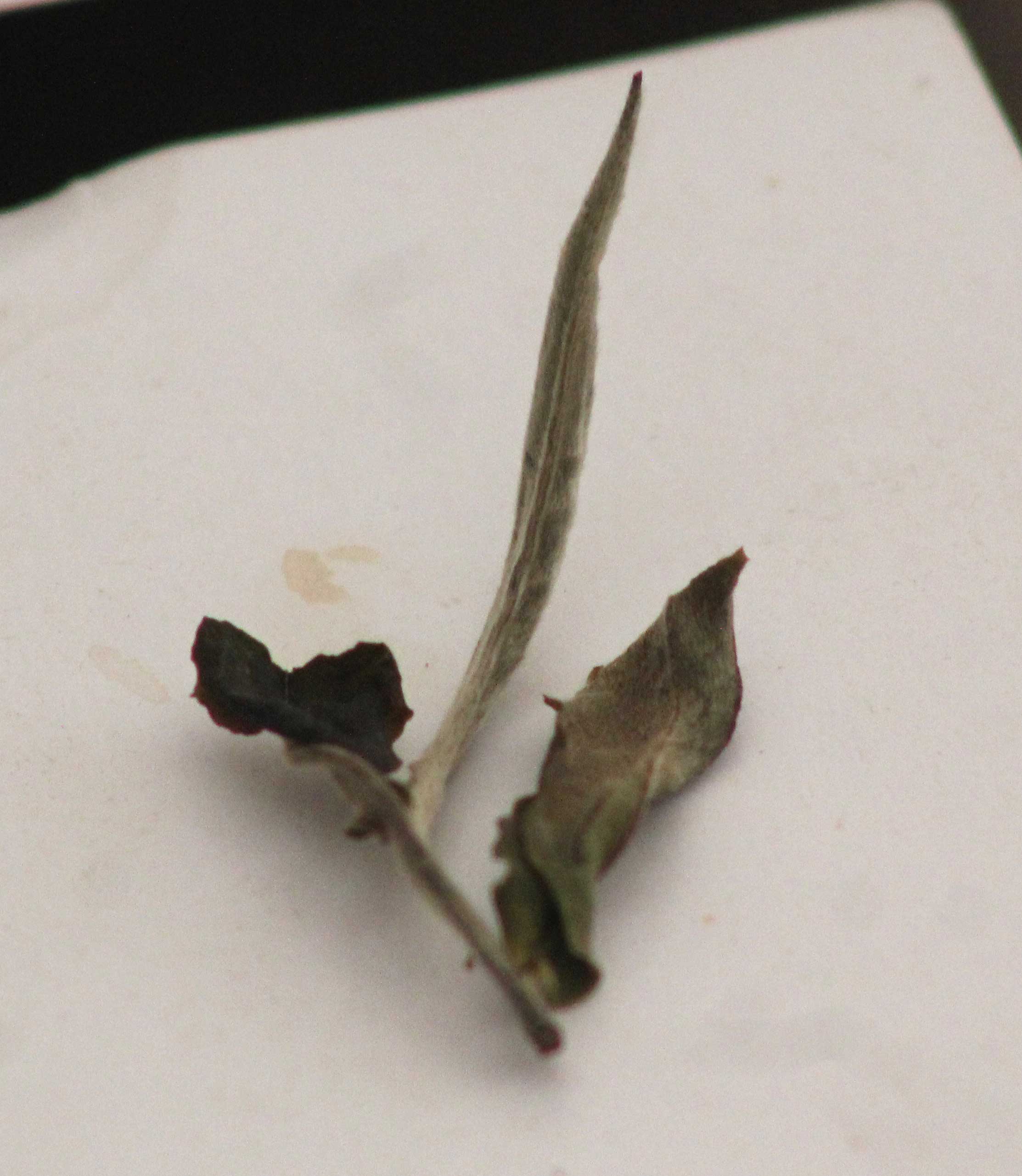When infants are born, almost all of their primary (baby) teeth already have formed. These teeth are still hidden in the gums. They usually begin to erupt or cut through the gums at about 6 months of age. Some babies get teeth earlier, and some get them later. That’s OK. Your 1-year-old may have a different number of teeth than your neighbor’s 1-year-old.
Usually, the two front bottom teeth come in first. Next are the four front top teeth and two more bottom teeth. From here, teeth slowly begin to fill the mouth. Teeth usually come in two at a time, one on either side of the jaw. Your child should have all 20 primary teeth by the time he or she turns 3 years old.
Caring for Primary Teeth
Take good care of your child’s baby teeth. They do eventually fall out. But until they do, your child’s baby teeth play an important role by helping your child bite and chew food, and speak clearly. Baby teeth also save space for the permanent teeth, and help guide them into place.
Even before your child gets his or her first tooth, you should wipe your child’s gums with a clean damp gauze or washcloth. Once your child’s teeth come in, brush them twice a day. Use a soft toothbrush with polished nylon bristles. You can make the bristles even softer by soaking them in warm water for a few minutes.
Use plain water, or a pea-sized dab of children’s fluoride toothpaste. When using toothpaste, be careful to use only a small amount.
As soon as two teeth touch each other, floss between them once a day. You can use regular floss or special plastic floss holders.
Talk to your doctor or dentist about fluoride. If your child drinks water that isn’t fluoridated, he or she may need fluoride treatments or supplements.
At some point, your child will want to use the toothbrush. It’s OK to give him or her a turn. But afterward you should always brush your child’s teeth a second time. Most children won’t be able to brush their teeth well on their own until they are about 8 years old.
Children who are at high risk for cavities can get sealants placed on their teeth. Dental sealants are plastic coverings that are placed over the grooves of teeth to protect them from decay.
Early Childhood Caries
Early childhood caries, or ECC, is a serious form of cavities. It can quickly destroy your child’s teeth. In the past it has been called baby bottle tooth decay, nursing caries or nursing bottle syndrome. ECC often occurs when your baby’s teeth are exposed to sugars for long periods throughout the day. Baby bottles or sippy cups with fruit juice or milk both contain sugars. When these liquids are in the mouth, bacteria start eating the sugars and then produce acids. These acids cause decay if they remain on teeth long enough.
Early childhood caries can occur if your child:
- is put to bed with a bottle filled with any liquid other than plain water
- drinks from a bottle filled with sugary liquids or milk during the day
- receives a pacifier dipped in sugar, honey or a sweet liquid
Normal breastfeeding has not been shown to cause dental cavities. However, breastfeeding for long periods of time can still put your child at higher risk for dental decay.
Remember, it’s not just what your baby is drinking, but how often. The more time that liquids (other than water) are in a baby’s mouth, the higher the risk. This is why it is dangerous to let your baby go to sleep with a bottle or use a bottle as a pacifier during the day. The teeth most often affected by ECC are the upper front teeth. But others can decay, too.
The top front teeth usually are the first ones affected by ECC. Often, the cavities start on the backs of the teeth. The top teeth farther back in the mouth are affected next. Finally, the bottom back teeth get cavities. The lower front teeth usually do not get cavities.
Teeth that are very badly decayed may need to be removed. Tooth decay is a bacterial infection, and it can spread if it is not treated. Also, the permanent teeth under the gum can be affected if the decay is not treated.
Here are some tips on preventing early childhood caries:
- Don’t put your baby to bed with a bottle unless it is filled with plain water. Even watered-down fruit juice or milk can increase the risk of decay.
- Talk with your doctor about weaning your infant from the bottle when he or she is 12 to 14 months old.
- During the day, don’t use a bottle to comfort your baby unless it’s filled with plain water.
- Don’t dip your baby’s pacifier in sugar or sugary liquids
- Don’t add sugar to your child’s food.
- Clean your baby’s teeth and gums with a damp cloth or a soft toothbrush after each feeding.
- Clean your baby’s teeth and gums with a damp cloth or a soft toothbrush
after each feeding
- Take your baby to the dentist as soon as the first tooth comes in.
- Teach your baby to drink from a cup by his or her first birthday.
- Make sure your baby is getting the right amount of fluoride. If your drinking water does not contain fluoride, ask your doctor or dentist about fluoride supplements.
Advanced Dental Care
Lazimpath, Kathmandu (opp. palace)
Tel: 443.3800, Email: dentistnepal@yahoo.com










